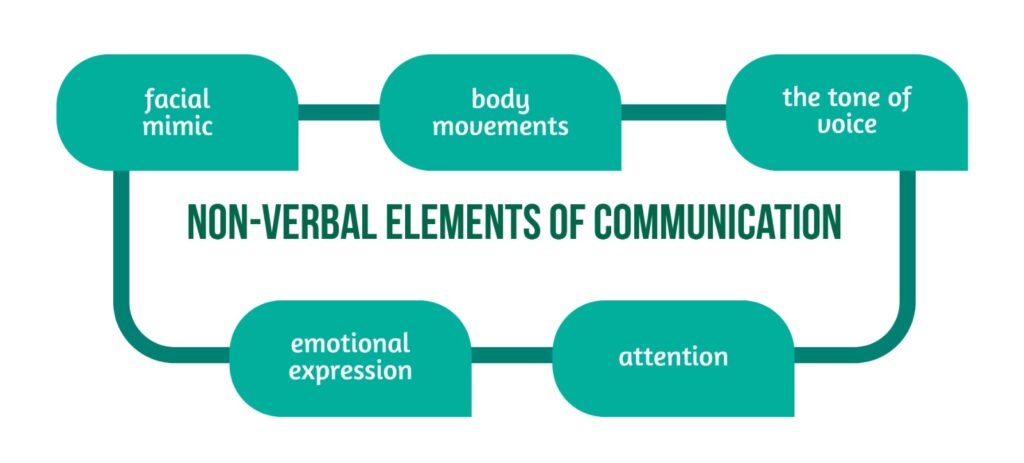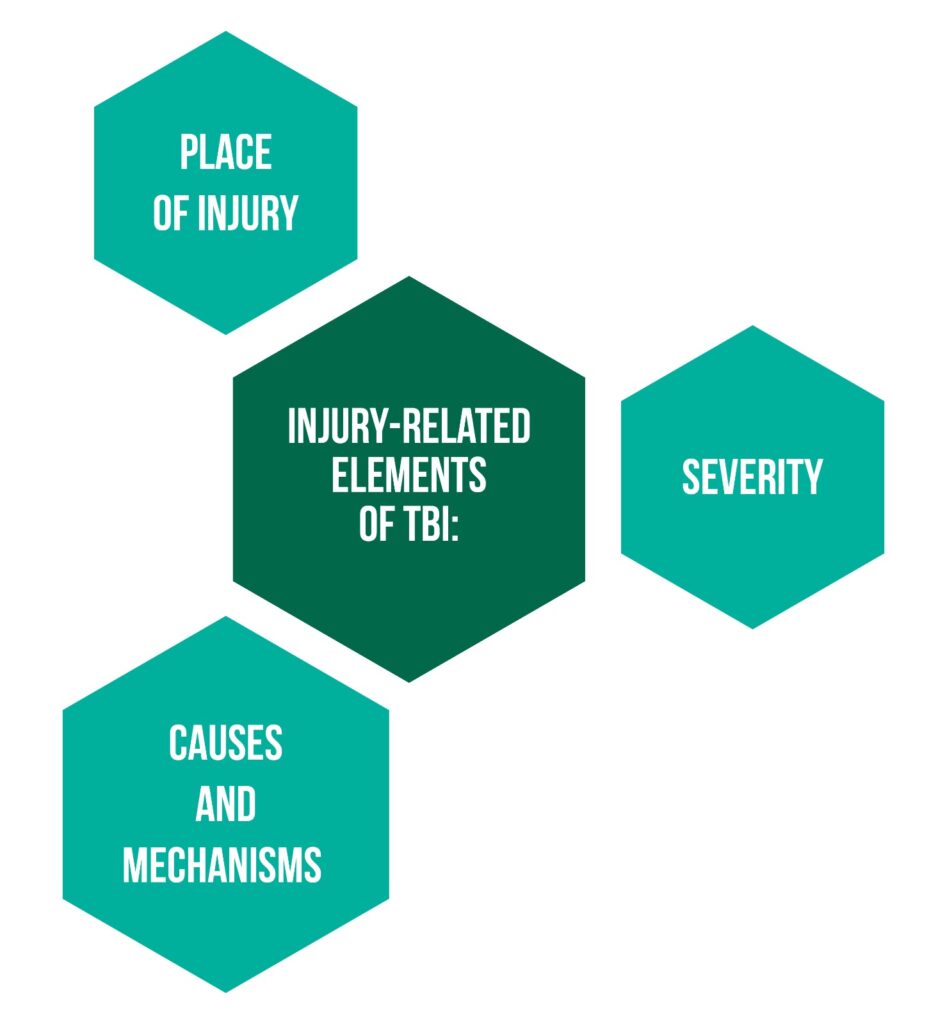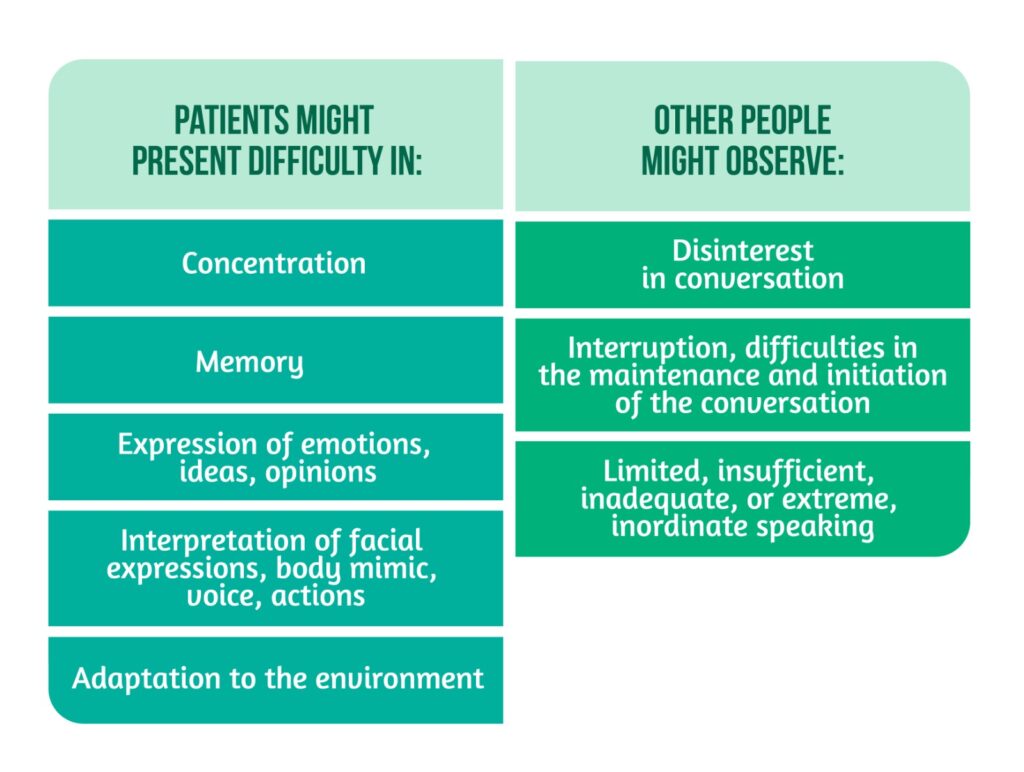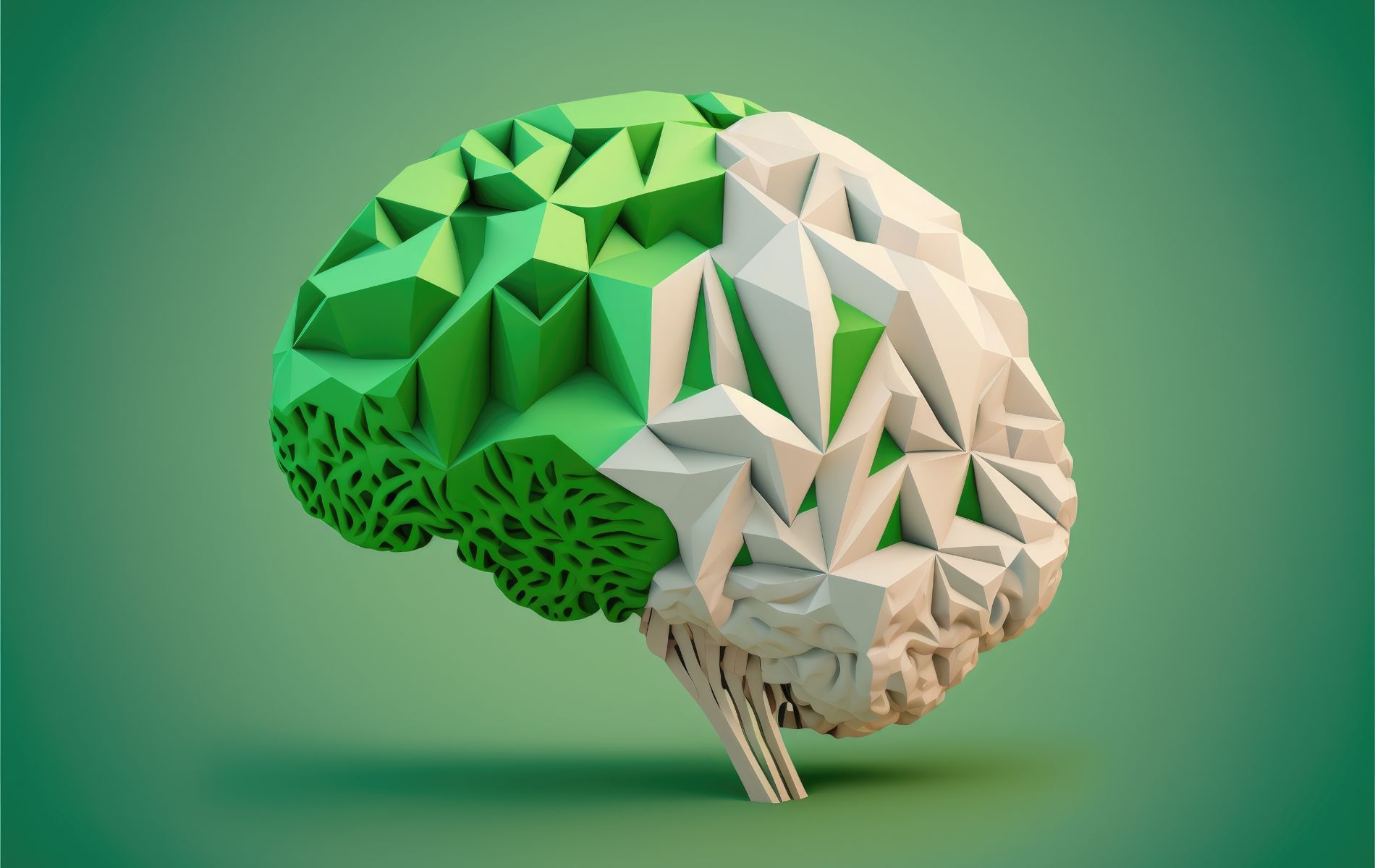Keywords: social skills and TBI, TBI disability, TBI communication, TBI and behavior
Social skills post-TBI – what do we know?
As social beings, the ability of people to connect on a social level and develop meaningful relationships with others is strongly correlated to welfare. Socialization is an essential aspect of life, encompassing:
- the quality of the relationships within families
- one’s ability to take on different social roles
- interpersonal functioning
- integration into a community
- the number of people with which one socializes (friends, family, coworkers, neighbors, etc.)
- the quality of connections [1,2].
Traumatic brain injury (TBI) can affect social skills by disrupting the brain function. The impairments can range from the inability to implement basic social skills to complex ones, leading to a lack of functioning in society. Additionally, humans social relationships help develop cognitive and regulatory emotional processes (interpreting and perceiving the actions and emotions of people) [3].
The ability to socialize is based on verbal and non-verbal capabilities. Besides the ability to communicate on a verbal level, non-verbal elements of communication significantly impact the development and acquisition of good social skills [2]. These include those showcased in Figure 1.

Additionally, successful social skills also encompass the ability to apply them following the social context and rules of interaction [4].
Social skills have an impact on several aspects of life:
- making interpersonal interactions
- developing and maintaining friendships
- succeeding at different activities (e.g., job, school, leisure activities)
- enhancing confidence and self-worth.
Cognition and emotions play a significant part in social skills, aiding the ability to stay focused, listen, memorize, and manage emotions, allowing good communication skills ranging from delivering thoughts, emotions, or needs in a proper manner that is adjusted to the context [2].
TBI patients can develop difficulties regarding conversations and adjustment of behavior to different social contexts, which is why it was shown that social support and environment are of significant value for the rehabilitation of social skills [4]. In addition, TBI is a heterogenic disorder with heterogenic consequences. Therefore, disabilities vary from patient to patient [2].

When discussing TBI, several injury-related elements must be considered, as highlighted in Figure 2.
Patients can get better and more adequate help when these elements are taken into consideration. For example, there is a significant difference between suffering a TBI secondary to a road traffic accident or fall or secondary to interpersonal violence or war-related head injuries [1]. Therefore, for veterans, reintegration into the community is an essential step that needs to be addressed, and help needs to be offered. Social skills significantly represent an essential pillar for reintegration [1].
On the one hand, the social disabilities after TBI are experienced by the patient and, on the other hand, observed/perceived by other people, as showcased in Figure 3.

Psychosocial disabilities are frequently encountered after TBI.
For example, post-TBI patients might present inappropriate social behavior ranging from:
- inability to start or maintain social interaction
- lack of empathy
- trouble with social perception – inability to “read the room”
- difficulty in recognizing emotions [5].
Unfortunately, post-TBI disabilities affecting social skills have a significant impact on the quality of life of patients, possibly leading to:
- Social isolation
- Depression
- Anxiety
- Substance abuse disorders
- Personality disorders (avoidant or borderline types)
- Personality changes (anger management deficit, violence, excitement)
- Sexual dysfunctions [5].
Psychosocial disabilities represent a significant barrier to a socially good quality of life for TBI patients [5]. Fortunately, these can be enhanced post-TBI, with amelioration observed even after years. Therefore, therapy is needed to address social skills and the other elements influencing these skills (cognition, emotional state, physical deficits, etc.) [2]. Therapy addressing disabilities of cognition (e.g., difficulty understanding sarcasm or abstract references, thinking in a literal way, trouble with planning) and behavior (impulsivity, disinhibition, inappropriate humor, ignoring other people, lacking sensitivity regarding other people) from neuropsychologists or psychiatrists might help in strengthening one’s confidence and developing coping skills. [5,6].
Therapy can take many forms:
- Socializing (with family, friends, acquaintances, or coworkers)
- Professional therapy by health care professionals (psychologists, speech-language pathologists, social workers, etc.)
Concomitantly, an organized, step-wise manner of addressing these disabilities can be of utter importance for recovery and, thus, the improvement of social skills.
ASSESSMENT OF WEAKNESSES, STRENGTHS, AND METHODS OF IMPROVEMENT
Determining where the difficulties are, as well as aspects that are not affected by the TBI is of significant importance. Next, it is essential to find an example of a good communicator (e.g., friend, mentor) in order to have a permanent comparison and a goal. Additionally, creating videos of self might be an extra aid in realizing where the deficits are. This practice can be maintained over time and further used as a method of tracking progress. This can lead to developing adjustment strategies to improve concentration on social aspects where difficulties persist or are more accentuated. Finally, the following elements should be taken into consideration, combined with receiving feedback from those around regarding the following aspects:
- Maintaining a relaxed, calm state. Trying to be friendly and kind
- Speaking (not speaking in a rush, taking pauses)
- Concision when speaking
- Letting others speak, paying attention, asking questions, and showing interest in what others say or do
- Paying attention to your own behavior and emotions
- Listening, staying focused, and trying to remember the topic of the talk.
ESTABLISHING AND DEFINING GOALS
It is important to quantify the evolution, preferably in written form, where the goals and steps are easy to see. This will offer an objective mirror of the progress. A family member or friend might also get involved in following and assessing progress regularly. It is advisable to start with one or two goals.
PRACTICE, PRACTICE, PRACTICE!
Practice is a central pillar for the improvement of social skills. Practicing, whether with friends, family members, colleagues from work, acquaintances, or in any encountered situation, is an essential step to improving social skills. Developing healthy habits (e.g., going out with friends, taking leisure activities in centers, and engaging in discussions as often as possible) will offer further help. All this should additionally consider paying attention to what and how it is being said, as well as the received reactions. Feedback from others and from the videos should be frequently used, preferably on a weekly schedule [2].
How can one prepare for conversations? TIPS!
- Being respectful, friendly, and calm.
- Thinking before speaking (what am I saying, what will the reaction to what I said be?).
- Not forgetting the importance of body language (smiling, looking people in the eyes, etc.).
- Finding mutual and exciting topics for conversation, preferably without getting into disagreements.
- Remembering that speech and behavior should mirror the expectations of others
- Learning from those around [2].
Impairments of social skills are frequently encountered after TBI and represent a significant barrier in obtaining a social reintegration post-injury by affecting the patient’s ability to function adequately in different social settings. However, improvements and remediation of these skills can be obtained with exercise and therapy. Although time-consuming, with consistency and patience, results should appear. That is why it is important to establish goals in a step-wise manner and to quantify improvement along the way [1–5].
For more information about the impact of TBI, visit:
- TBI Rehabilitation: Access and Needs
- Alcohol consumption and TBI: a continuing problem for patients and society?
- Can TBI affect emotions and behavior?
References
- Winter L, Moriarty HJ, Short TH. Beyond anger: emotion regulation and social connectedness in veterans with traumatic brain injury. Brain Inj. 2018; 32(5):593-599. doi:10.1080/02699052.2018.1432895
- Hawley LA, Newman JK, Model Systems Knowledge Translation Center et al. Social Skills After Traumatic Brain Injury was developed, Model Systems Knowledge Translation Center 2020, available from: https://msktc.org/sites/default/files/Social-Skills-After-TBI-508_0.pdf
- Driscoll DM, Dal Monte O, Grafman J. A need for improved training interventions for the remediation of impairments in social functioning following brain injury. Journal of neurotrauma 2011; 28(2), 319–326. doi HYPERLINK “https://doi.org/10.1089/neu.2010.1523”: HYPERLINK “https://doi.org/10.1089/neu.2010.1523″10.1089/neu.2010.1523
- Godfrey HPD, Shum D. Executive functioning and the application of social skills following traumatic brain injury. Aphasiology 2000; 14(4), 433–444. doi:10.1080/026870300401441.
- McDonald S, Tate R, Togher L, Bornhofen C, et al. Social Skills Treatment for People With Severe, Chronic Acquired Brain Injuries: A Multicenter Trial. Archives of Physical Medicine and Rehabilitation 2008; 89(9), 1648–1659. doi:10.1016/j.apmr.2008.02.029
- Flanagan S, McDonald S, Togher L. Evaluating Social Skills Following Traumatic Brain Injury: The BRISS as a Clinical Tool. Brain Injury,1995; 9(4), 321–338. doi:10.3109/02699059509005773





thanks for info.